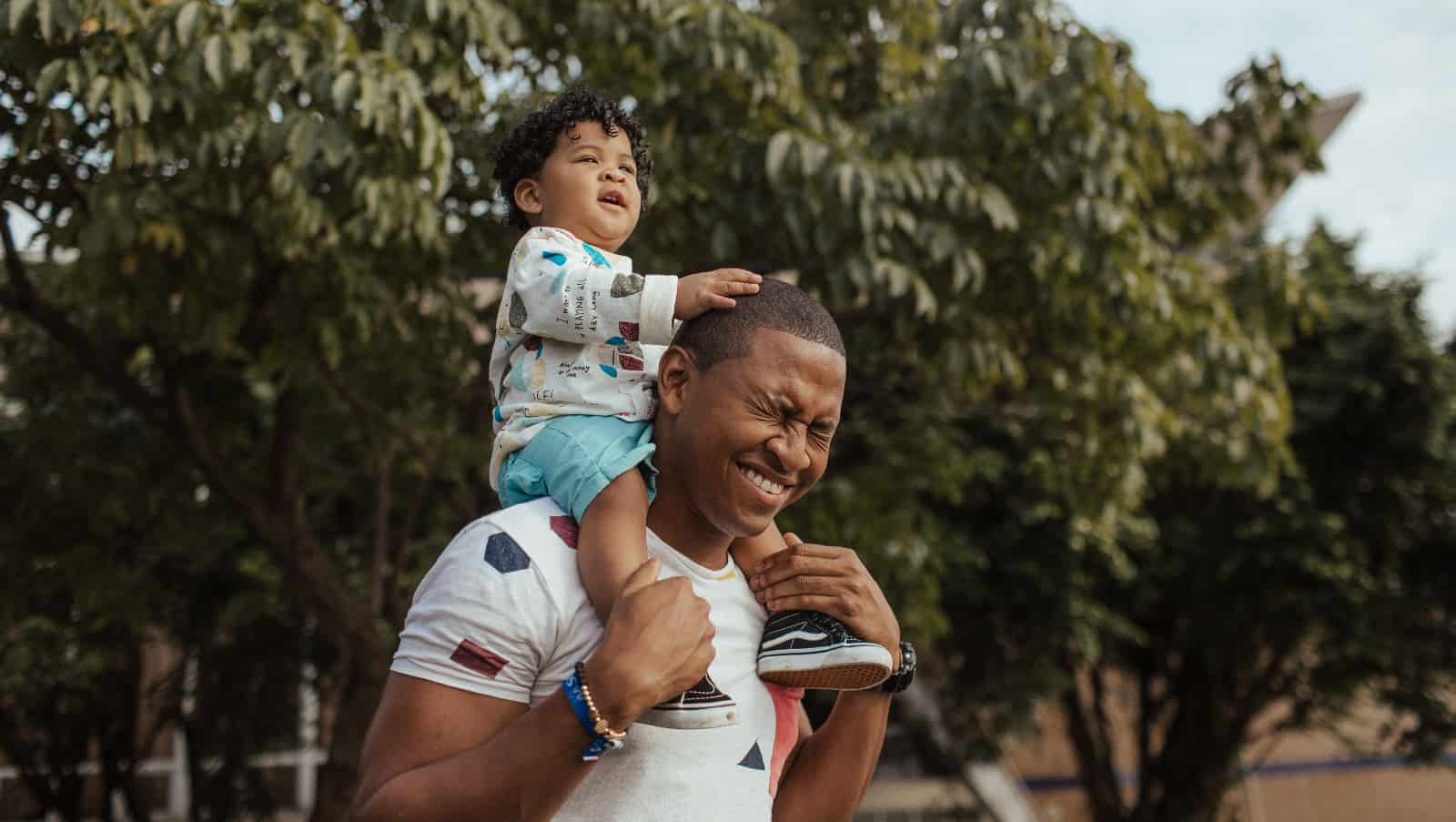GET IN TOUCH
Please contact us for more information. Our email is monitored seven days a week and we will get back to you shortly.

Organized sports, waterparks and martial arts classes are only a handful of activities for children which require a waiver. But can a minor really have all their rights signed away for them by a parent? What if you sign a waiver on your child’s behalf, and then the child sustains an injury?
In a 2009 BC case, a boy sustained an injury at martial arts class after his mother signed a waiver. The waiver said it released the Martial Arts Centre from liability for ‘any injury’. This was the case of Wong v. Lok’s Martial Arts Centre Inc. (2009).
The question for the courts was whether a parent could sign a pre-tort release (a waiver) for their child. Before participating in their classes, Lok’s Martial Arts Centre required all participants (or parents/guardians on a minor’s behalf) to sign the following release form:
CONDITIONS OF MEMBERSHIP AND RELEASE
It is expressly agreed that all exercises and treatments, and use of all facilities shall be undertaken by the student’s sole risk. LOK’S HAPKIDO SCHOOL and its affiliated studio’s (Flying Eagle Hapkido, Flying Tiger Hapkido Studio and any other studio’s) shall not be liable for any injuries, past/future medical complications, any claims, demand, injury, damages, actions or cause of actions whatsoever, including without limitation, those resulting from acts of active or passive negligence on the part of Lok’s Hapkido School.
YOU ARE RESPONSIBLE FOR ALL INJURIES.
During a Hapkido class, Wong, then 12, became injured from a forceful throw to the ground. His family claimed the injury was due to battery and the martial arts centre was negligent. Wong confirmed in an affidavit that he did not sign the waiver above. Further, he didn’t authorize his mother to waive his rights and did not notice any rules before he was injured. Signs around the studio reportedly stated, “you are responsible for your own injuries, we are not liable.”
It may surprise you, but it’s rare for a parent to be able to legally waive a minor’s rights. According to s.40 of BC’s Infants Act, a parent or guardian can only make a legally binding agreement on behalf of an infant, either

There are a number of exceptions to the above that are not relevant to Wong’s case. These can be found in section 40 of the Act.
The Act states that parents can only enter a binding agreement for a minor in specific circumstances. This applies unless the Public Trustee has approved the agreement. It’s unlikely that a parent would ensure the Public Trustee approved of a waiver before taking their child to martial arts class.
The judge stated that, “if this is a complete code, parents and guardians cannot enter into binding contracts on behalf of infants except in strict accordance with the provisions of the Act.” The Act didn’t specifically apply to the case at hand regarding pre-tort releasing because it was too broadly worded. They noted the rationale behind the Act is applicable to the case and was relevant in finding negligence.
The judge found that “the Act does not permit a parent or guardian to bind an infant to an agreement waiving the infant’s right to bring an action in damages in tort.” The court dismissed Lok’s summary trial application. Wong was able to bring the case to trial, but didn’t proceed.
If you’re a business owner working with minors, requiring parents to sign waivers on their behalf, we encourage you to consider a form outlining the parent’s acknowledgement of risk. With a parent understanding and accepting the inherent risk of the activity to follow, your business can have a much stronger case against a possible lawsuit. Wong’s case shows that a dismissal of liability for a business on behalf of a minor will likely not be held up in court as an enforceable contract. An acknowledgement of risk gives your business some protection and evidence that the risks were understood by a guardian.
If you’re the parent of a minor, ensure you’re sending your child to businesses that consistently demonstrate safe practices. While risk can be inevitable, businesses that have strict safety measures in place are the best choice. If your child has been injured and you believe a business is liable, contact a lawyer today.
Have a question about this topic or a different legal topic? Contact us for a free consultation. Reach us via phone at 250-888-0002, or via email at info@leaguelaw.com.